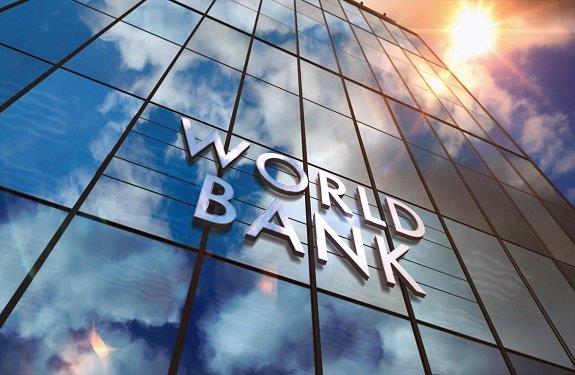
World Bank Says Afghanistan's Modest Economic Growth Overshadowed By Rising Poverty And Fragility
The World Bank has reported that Afghanistan's economy shows modest signs of recovery, but deep poverty, displacement, and a fragile humanitarian situation continue to threaten the country's stability. The findings are part of its latest Middle East, North Africa, Afghanistan, and Pakistan Economic Update, titled“Jobs and Women: Untapped Talent, Unrealized Growth.”
According to the report, Afghanistan's gross domestic product (GDP) is projected to grow by about 4.3% in fiscal years 2025–2026, driven largely by household and public consumption. Yet, with the population expected to rise by 8.6%, per capita income is forecast to decline by nearly 4%, keeping millions of Afghans in extreme poverty.
The World Bank estimates that between 15.2 and 23.8 million Afghans - almost half the population - live on less than $3 a day, one of the highest poverty rates in the region. The Bank attributes this to overlapping crises, including forced returns of refugees, natural disasters, and weak governance. Since September 2023, more than 4 million Afghans have returned from Pakistan and Iran, with 2.1 million repatriated between January and July 2025, most involuntarily.
The report notes that the August 2025 earthquake in eastern Afghanistan, which killed more than 2,000 people, deepened economic distress. Damages were estimated at $183 million, roughly 1% of GDP, destroying homes, livestock, and vital rural infrastructure. The disaster underscored the country's limited ability to respond to crises amid declining international aid.
On gender and employment, the World Bank says Afghanistan remains one of the world's most restrictive environments for women. Social barriers, conflict, and policy restrictions have forced most women into low-paid, informal work. Although women's participation in the labor force slightly increased between 2020 and 2023, nearly 60% remain inactive, and most new opportunities are in precarious home-based sectors.
Regionally, the World Bank forecasts modest economic growth of 2.8% in 2025 and 3.3% in 2026 for the broader Middle East, North Africa, Afghanistan, and Pakistan region. However, Afghanistan's recovery remains uncertain due to sanctions, weak governance, and the absence of international recognition. The sharp reduction in aid, the Bank warns, has already led to the closure of hundreds of health centers, depriving millions of essential services.
Roberta Gatti, the World Bank's Chief Economist for the region, said increasing women's participation in the workforce could raise per capita GDP by 20–30% in countries like Egypt, Jordan, and Pakistan. Osman Dione, the Bank's Vice President for the region, called for“bold and comprehensive reforms” to remove structural barriers and empower women economically.
The report concludes that Afghanistan's outlook remains fragile despite limited growth.“Humanitarian needs are rising rapidly while domestic capacity to respond is severely constrained,” it said.“Without structural reforms and inclusive policies, millions of Afghans - especially women and returning refugees - will remain trapped in poverty.”
ShareFacebook Twitter WhatsApp Email Print Telegram
Legal Disclaimer:
MENAFN provides the
information “as is” without warranty of any kind. We do not accept
any responsibility or liability for the accuracy, content, images,
videos, licenses, completeness, legality, or reliability of the information
contained in this article. If you have any complaints or copyright
issues related to this article, kindly contact the provider above.


















Comments
No comment